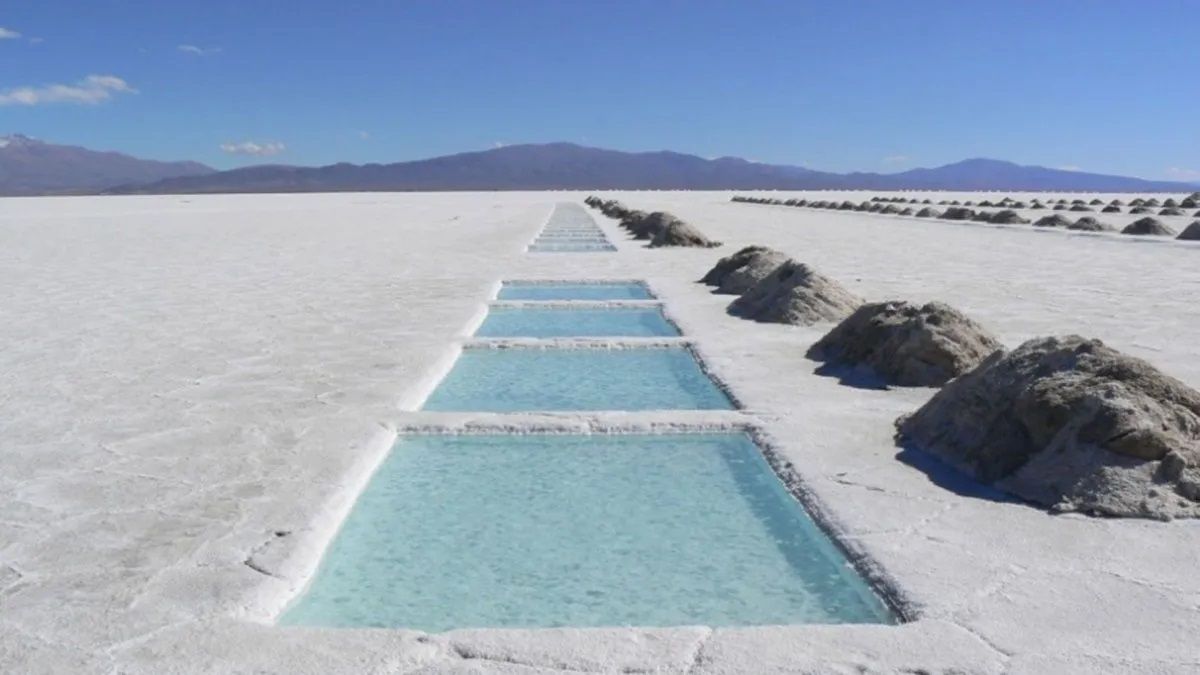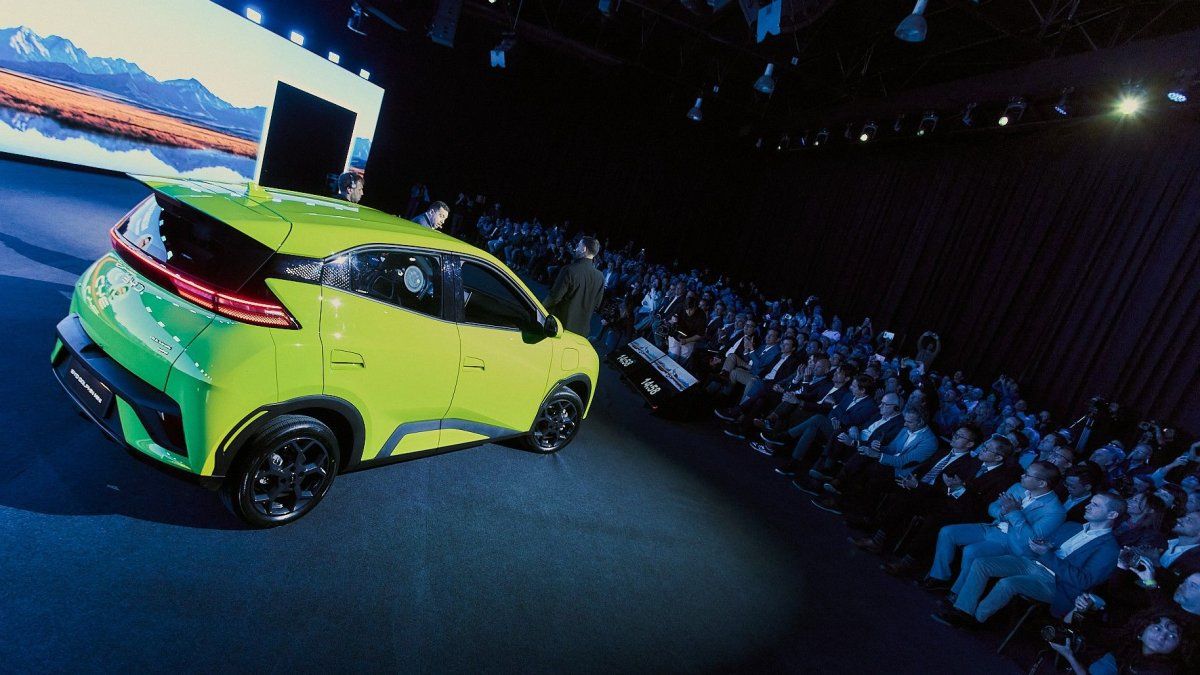Regarding the detail of sectors, in number of transactions the podium is in first place technology (23 deals), then services (16) and in third place mining (13). However, in amount it leads mining, with US$ 1,233 million, 31% of the total transactionsfollowed by technology (USD 1,119 million) and in third place energy (USD 550 million).
In the mining sector, according to First Capital Group, two operations stand out. On the one hand, the purchase made by the Chinese Ganfeng Lithium from the Canadian LSC Lithium, for US$ 962 million, to have rights to salt lakes in the province of Salta, and “strengthen its global position” as a supplier of lithium batteries for automobiles. Next in importance is the Swiss company Glencore, which acquired 18.5% of the American company Newport for the Mara de Catamarca project, and consolidates itself as the only partner of the Canadian company Yamana Gold in that project, “one of the largest copper developments in Argentina ”. The amount was US$175 million.
regional race
However, in comparison with the region, the situation does not look so auspicious. The Economic Commission for Latin America and the Caribbean (Cepal) published a study on foreign direct investment (FDI) in Latin America during 2021. There it is observed that The countries that received the most investment were Brazil (33% of the total), Mexico (23%) and Chile (11%). In sixth place is Argentina, with 5%.
Cepal notes that one of the sectors where Argentina receives FDI is natural resources. He anticipates that “for the next few years, due to the growing global demand for the mineral, the sector is expected to continue attracting foreign investment.”
In this same report, there is a section on the opportunities for Latin America of the emerging electric vehicle industry. There it is noted that In the light vehicle sector, the “strengthening of productive capacity to respond to the growing demand for low-emission vehicles is concentrating on the United States, and only Mexico is receiving some investment within the framework of the transformation of supply chains.” value of North America. In the case of heavy vehicles, such as buses, ECLAC highlights that “investments associated with electromobility are focusing on Brazil, where the most competitive and internationalized companies in the region are located”.
Last week, during a meeting at the Chancellery of the United States Chamber of Commerce in Argentina (Amcham), the businessmen called for “a predictable regulatory framework that guarantees public-private investment”, both for the development of lithium batteries and the production of electric cars. This was stated by Federico Ovejero, vice president of General Motors. The business view is that the regulatory framework should have incentives to invest, add technology, but also be “armored” against exchange restrictions. In dialogue with Ámbito, an important businessman in the sector stated: “Argentina has lithium and unlike Chile and Bolivia, it has an automotive industry. But companies look at two things to invest: either scale, which Brazil wins there, or a regulatory framework of advanced. That model should be followed.”
ECLAC highlights that electromobility in Latin America is still “incipient”. She assures that there is a lack of policies and incentives that “contrasts with the historical existence of incentive programs to promote the competitiveness of the automotive sector”, which countries like Brazil, Argentina and Mexico had. In any case, ECLAC highlights that there is an “interesting exception” in the region, which is the bill for the promotion of sustainable mobility in Argentina. The project provides for the progressive renewal of the bus fleet by electric vehicles and the application of tax incentives to encourage investment and production by local manufacturers. Although it reached Congress in 2021, it has not yet been approved.
Source: Ambito
David William is a talented author who has made a name for himself in the world of writing. He is a professional author who writes on a wide range of topics, from general interest to opinion news. David is currently working as a writer at 24 hours worlds where he brings his unique perspective and in-depth research to his articles, making them both informative and engaging.




